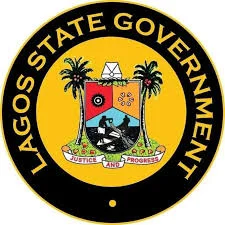Credit to the government increased by N8.4 trillion in May 2024, dwarfing private sector credit growth by six times during the same period.
This is based on the latest money and credit statistics data from the Central Bank of Nigeria for May 2024, according to Nairametrics.
According to CBN data, credit to the government accounts for 86% of new domestic credit, as the government increasingly relies on local borrowing to cover its expenditures.
On a monthly basis, credit to the government rose by 30%, from N19.98 trillion in April 2024 to N28.38 trillion in May 2024.
However, the credit to the government decreased by 8% year on year, from N30.71 trillion in May 2023 to N28.38 trillion in the same month this year.
While government credit jumped by 30% in a single month, private sector credit increased by 2%, from N72.92 trillion in April to N74.31 trillion in May 2024.
Additionally, net domestic credit increased by 36%, from N75.5 trillion in May 2023 to N102.69 trillion in May 2024. On a monthly basis, net domestic credit increased by N9.8 trillion, or 10%, from N92.89 trillion in April 2024.
While the central bank did not provide details explaining the reason for the May surge, it is possible that the hike is related to the government’s increased borrowing for various projects, debt management, or budget deficit coverage.
However, this tendency raises worries about crowding out the private sector, where access to finance is vital for business growth, job creation, and economic diversity.
The private sector’s somewhat lower loan growth, while beneficial, signals that those in the sector will be careful when lending in a high-interest environment.
The Tinubu administration has relied mostly on the domestic debt market, particularly treasury bills, to meet short-term obligations, in contrast to the Muhammadu Buhari administration, which relied heavily on the Central Bank’s Ways and Means Advances.
The government has experienced a substantial shortfall in fiscal income, forcing it to rely on public debt to pay its expenditure obligations.










